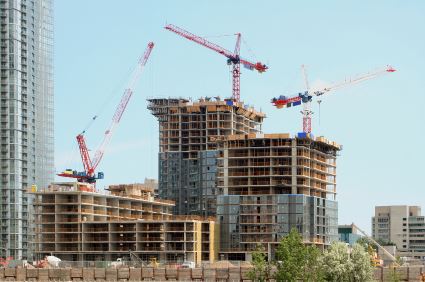
There are two different types of HVAC systems: residential and commercial. And while both condition the air, providing heat in the winter and cooled air in the summer, they have a few differences.
This includes a variety of things, including the amount of power needed, size, location, complexity, and responsibility.
While the concepts are similar, the processes and the equipment vary significantly in some cases. Someone well versed in residential HVAC systems may not have the skills to work effectively on a commercial HVAC application. In fact, in some cases, they can do more harm than good.
Differences include:
Size
A commercial HVAC system is much larger than a residential HVAC system. Bigger buildings need bigger systems. And with that comes more complexities in how the system operates. Due to the size difference, commercial systems will also require more power than their residential counterparts.
Location
A larger system means more space needed for the equipment. A residential HVAC system is installed in a basement, a crawlspace, or perhaps on the side of the house. A commercial HVAC system is typically located on the roof for a variety of reasons:
A large HVAC unit causes a great deal of noise. A rooftop location means less noise for the building’s occupants.
It allows for easy maintenance. HVAC technicians don’t have to sidestep around what the building was intended for to perform routine maintenance or for full replacement.
Roof systems are safer, limiting access to the system to only those that need it.
Complexity
HVAC systems are designed for the complexity of the building they are being installed in. A residential HVAC system is manufactured as a split and standalone system. Units are often in different locations: the furnace in a crawlspace while the air conditioner sits outside. It’s a standalone system in that both cooling and heating are operated through one system, one household process. Vents and system controls work for all your heating and cooling needs.
With a commercial system, they are manufactured as a modular system, with all components on the rooftop housed together. They can be moved and modified as needed. A modular system allows for expansion and modification, giving building owners the option of piecing together the parts that make the most sense for their needs. It also gives property managers a chance to change as their needs grow and change.
HVAC Company in Atlanta
Have an HVAC question? Be sure you select an Atlanta HVAC technician that understands your needs. Contact R.S. Andrews today!

